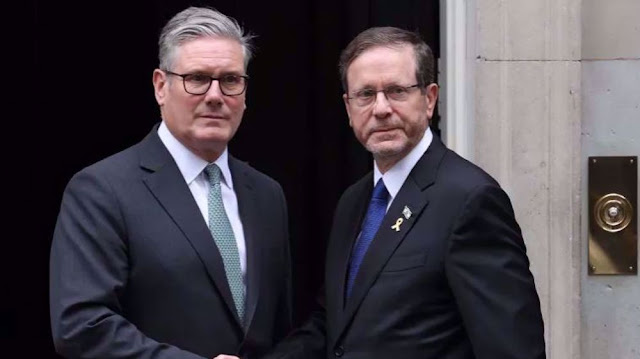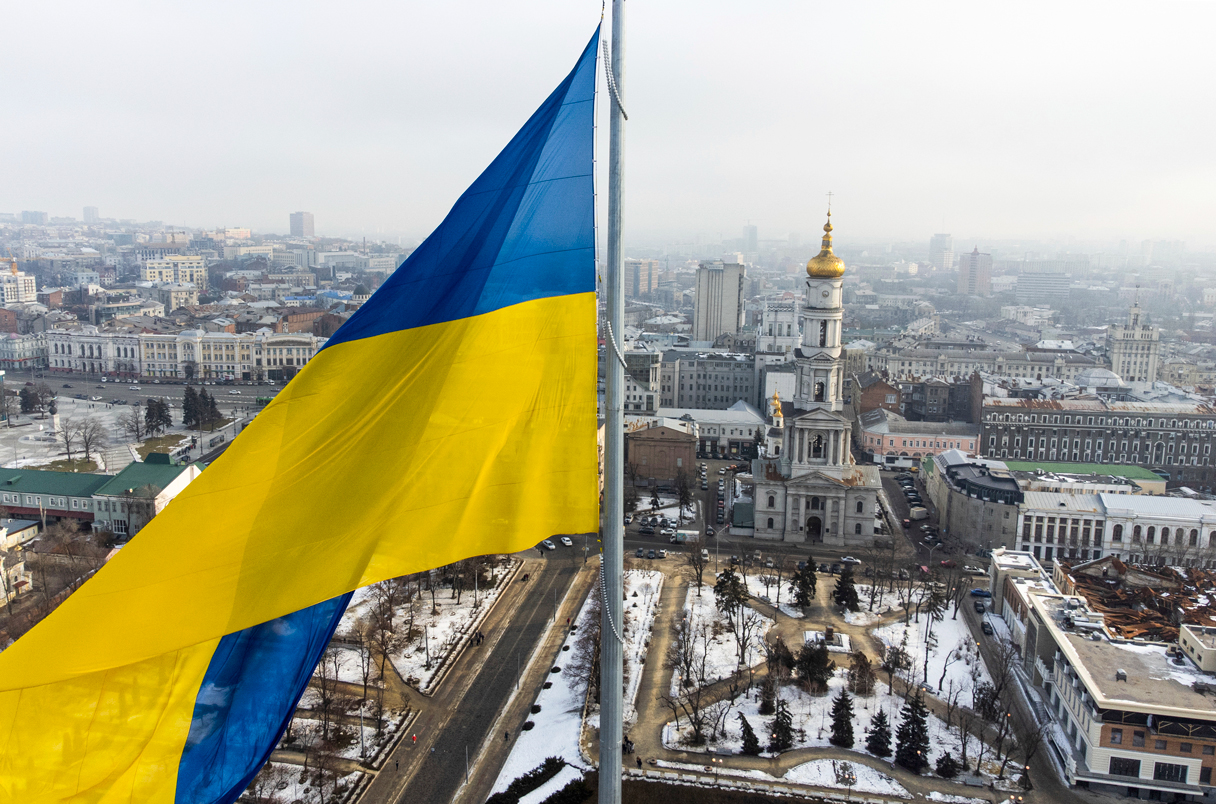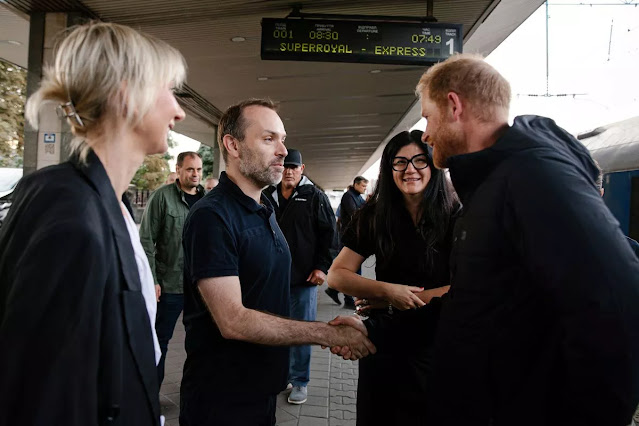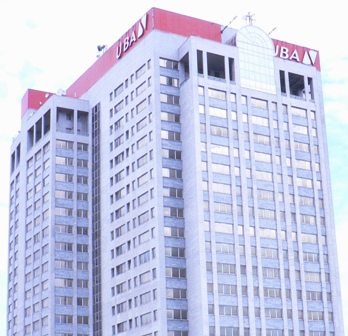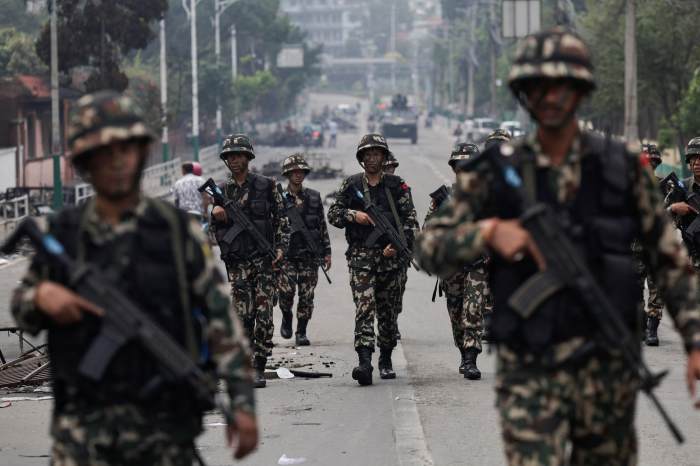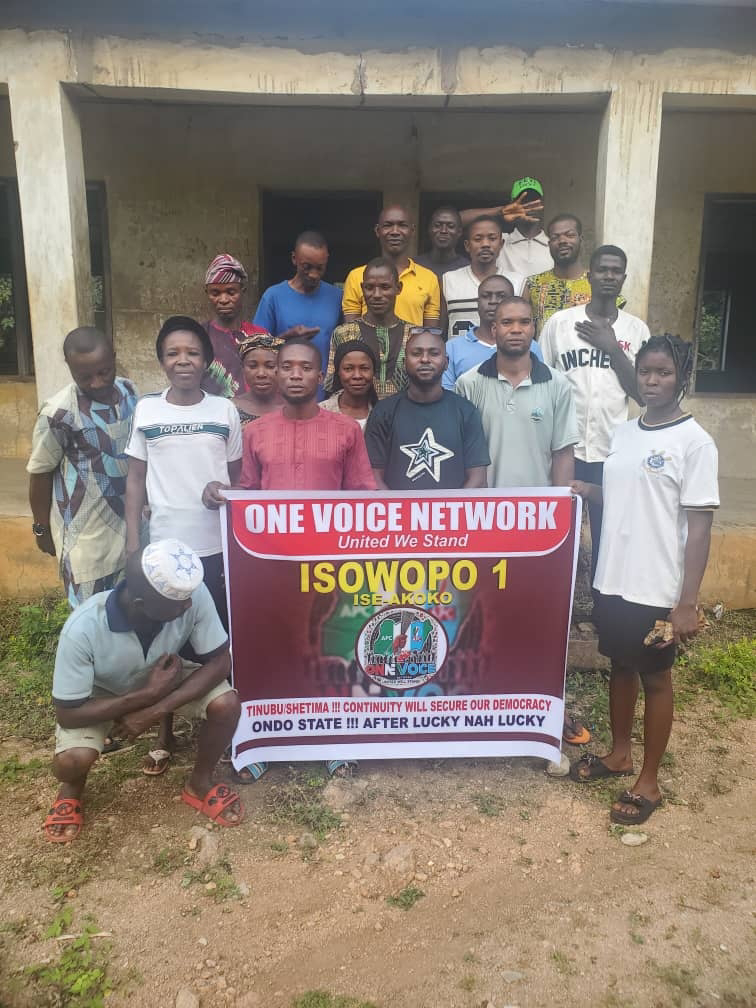Britain’s Prime Minister Keir Starmer (left) greets Israel’s President Isaac Herzog on the steps of 10 Downing Street in central London, on September 10, 2025. (AFP photo)
On September 10, 2025, a coalition of advocacy organizations, including the Hind Rajab Foundation (HRF), the European Legal Support Centre (ELSC), and the Stop the War Coalition, escalated their pursuit of justice by filing a formal criminal complaint with UK authorities. The complaint calls for the arrest of Israeli President Isaac Herzog on charges of complicity in war crimes and crimes against humanity, allegedly committed during Israel’s ongoing military operations in Gaza. The filing, submitted through the Public Interest Law Centre, marks a significant escalation in efforts to hold high-ranking Israeli officials accountable for actions in the Gaza Strip, where the humanitarian crisis has drawn global condemnation.
The complaint accuses Herzog of direct involvement in what the groups describe as Israel’s “genocide” in Gaza, pointing to policies of starvation, systematic destruction of infrastructure, and military operations that have devastated civilian life. The coalition’s submission includes a detailed case summary, supported by Herzog’s public statements, which they argue demonstrate a disregard for civilian protections under international law. They also cite his visits to military sites, such as Nahal Oz and areas near Gaza, which coincided with or preceded operations like “Oz and Nir,” as evidence of his complicity in alleged war crimes.
The groups’ legal action follows preliminary letters sent on September 9 to the Metropolitan Police, the Crown Prosecution Service (CPS), and the Attorney General’s Office, urging immediate action during Herzog’s visit to Britain. Despite these efforts, the Metropolitan Police did not arrest Herzog, and a CPS lawyer rejected both the complaint and a subsequent application for a judicial arrest warrant on the evening of September 10. The CPS cited “insufficient admissible evidence” as the basis for their decision, a stance that the coalition has vehemently criticized as inadequate and inconsistent with the UK’s international obligations.
Legal and Moral Arguments for Accountability
The advocacy groups contend that the CPS’s dismissal of their complaint is fundamentally flawed. They argue that the evidence presented—comprising Herzog’s own statements, open-source materials such as videos, firsthand accounts from Gaza, and reports from international organizations like the United Nations—is not only admissible but also compelling. The coalition emphasized that Herzog’s public denial of famine in Gaza, despite UN reports documenting severe food insecurity and starvation tactics, constitutes a deliberate attempt to obscure the humanitarian crisis. These reports have highlighted that over 80% of Gaza’s population faces acute hunger, with children and the elderly particularly vulnerable.
Furthermore, the groups referenced prior submissions made in April 2025 by the Public Interest Law Centre and the Palestine Centre for Human Rights to the Metropolitan Police’s War Crimes Team. These earlier filings provided extensive documentation of alleged war crimes, including indiscriminate bombings, destruction of civilian infrastructure, and the use of starvation as a weapon of war. The coalition accused the CPS of neglecting its responsibilities under the Geneva Conventions, which mandate the prosecution of individuals suspected of grave breaches of international humanitarian law. Specifically, they pointed to Article 146 of the Fourth Geneva Convention, which obliges signatory states like the UK to investigate and prosecute such suspects when they are present on their territory, regardless of claims to diplomatic immunity.
The advocacy groups have since renewed their appeal to the Metropolitan Police’s SO15 War Crimes Unit, urging Herzog’s arrest and emphasizing that immunity should not shield individuals from accountability for serious international crimes. In a follow-up letter to the police and CPS, the coalition reiterated their commitment to pursuing justice and demanded a reconsideration of the decision not to act. They argue that the UK’s failure to respond adequately undermines its credibility as a defender of international law and human rights.
Statements from Advocacy Leaders
Leaders of the advocacy groups expressed profound disappointment with the UK authorities’ response, framing it as a betrayal of both Palestinian victims and the principles of justice. Dyab Abou Jahjah, Chairman of the Hind Rajab Foundation, stated: “History will not absolve the British authorities for failing to arrest Isaac Herzog. In doing so, the police have abandoned the Palestinian victims of genocide, organized starvation, and destruction in Gaza, and have placed themselves on the side of impunity rather than justice.” Jahjah’s statement reflects the deep frustration felt by many activists who see the UK’s inaction as complicity in shielding alleged perpetrators.
Lindsey German, Convener of the Stop the War Coalition, echoed these sentiments, highlighting the public’s outrage: “It is quite astonishing that Herzog has been welcomed at the highest level of government in Downing Street and that he has not been arrested for war crimes. Millions of people in Britain are horrified at the genocidal actions of the Israeli government.” German’s remarks underscore the growing discontent among the British public, many of whom have taken to the streets to protest Israel’s actions in Gaza and the UK’s perceived leniency toward Israeli officials.
Anna Ost, Senior Legal Officer at the ELSC, took a broader view, situating the CPS’s decision within a pattern of Western complicity: “This is yet another example of UK institutions not only providing cover for but actively enabling genocide. By refusing to act, the CPS is reinforcing a Western project of destruction in Gaza.” Ost’s statement points to a broader critique of Western foreign policy, which some activists argue prioritizes geopolitical alliances over accountability for human rights violations.
Paul Heron, a solicitor at the Public Interest Law Centre, criticized the structural barriers to justice in the UK legal system: “The Government deliberately puts a hurdle in place, insisting on the consent of the Director of Public Prosecutions before those suspected of war crimes can be arrested; it is now clear that this is being exploited to ensure that those demanding justice are silenced.” Heron’s remarks highlight the coalition’s frustration with what they perceive as systemic obstacles designed to protect high-profile figures from accountability.
Public Protests and Broader Context
Herzog’s visit to the UK sparked widespread protests in London, with thousands of demonstrators gathering outside Downing Street to demand his arrest. The protests, organized by a coalition of pro-Palestinian groups, reflected growing public anger over Israel’s military campaign in Gaza, which has resulted in tens of thousands of deaths, widespread displacement, and the near-total destruction of civilian infrastructure. Demonstrators carried banners and chanted slogans accusing Herzog of war crimes and calling for an end to UK support for Israel’s actions.
The International Centre of Justice for Palestinians (ICJP) also joined the call for Herzog’s arrest, contacting Scotland Yard’s Counter Terrorism Command ahead of his visit. The ICJP alleged that Herzog bears liability for war crimes, crimes against humanity, and torture, citing specific actions such as his signing of an artillery shell fired into Gaza. This act, they argue, symbolizes his direct endorsement of military operations that have caused significant civilian harm. Green Party MP Carla Denyer further amplified these demands, referencing the International Court of Justice’s (ICJ) January 2024 ruling, which found a plausible risk of genocide in Gaza and called on Israel to take measures to prevent such acts.
The ICJ’s ruling has been a focal point for activists and legal scholars, who argue that it imposes a clear obligation on states like the UK to act against individuals suspected of contributing to genocidal acts. The court’s findings, combined with reports from organizations like Amnesty International and Human Rights Watch, have fueled international demands for accountability. These reports document a range of alleged violations, including the targeting of civilian infrastructure, the use of disproportionate force, and policies that have restricted access to food, water, and medical supplies in Gaza.
The Legal Framework: Universal Jurisdiction and the Geneva Conventions
The advocacy groups’ complaint is grounded in the principle of universal jurisdiction, which allows states to prosecute individuals for serious international crimes—such as war crimes, crimes against humanity, and genocide—regardless of where the crimes were committed or the nationality of the perpetrators or victims. The UK, as a signatory to the Geneva Conventions and the Rome Statute of the International Criminal Court (ICC), has incorporated these obligations into its domestic legal framework through laws like the International Criminal Court Act 2001.
Article 146 of the Fourth Geneva Convention specifically requires states to search for and prosecute individuals suspected of committing grave breaches, which include willful killing, torture, and the deliberate targeting of civilians. The advocacy groups argue that Herzog’s presence in the UK provided a rare opportunity to fulfill these obligations, particularly given the gravity of the allegations against him. They contend that his public statements and actions, such as his visits to military sites and his denial of the humanitarian crisis in Gaza, demonstrate a level of involvement that warrants investigation.
However, the issue of diplomatic immunity complicates the coalition’s efforts. As Israel’s head of state, Herzog enjoys certain protections under international law, including immunity from prosecution in foreign jurisdictions for acts performed in his official capacity. The advocacy groups challenge this immunity, arguing that it does not apply to grave international crimes. They cite precedents such as the 1998 arrest of former Chilean dictator Augusto Pinochet in London, which demonstrated that immunity can be set aside in cases of serious human rights violations. Legal experts remain divided on whether Herzog’s status as a sitting president would preclude prosecution in the UK, with some arguing that the Pinochet case set a significant but narrow precedent.
The Broader Implications of the Complaint
The coalition’s complaint against Herzog is part of a broader movement to hold Israeli officials accountable for alleged violations in Gaza. Since the escalation of violence in October 2023, the international community has been grappling with how to address the humanitarian crisis and the legal implications of Israel’s actions. The conflict has displaced nearly 2 million people, destroyed entire neighborhoods, and overwhelmed Gaza’s healthcare system, prompting accusations of collective punishment and genocidal intent.
The advocacy groups’ focus on Herzog is significant because, as Israel’s president, he holds a largely ceremonial role but wields considerable influence in shaping public and political discourse. Critics argue that his statements and actions, such as his visits to military sites, have lent legitimacy to policies that violate international law. Supporters of Herzog, however, maintain that his role is symbolic and that he does not have direct command over military operations, which are overseen by Israel’s prime minister and defense minister.
The complaint also highlights tensions within the UK’s legal and political systems. The requirement for the Director of Public Prosecutions (DPP) to consent to arrests for war crimes has long been a point of contention among human rights advocates, who argue that it creates an unnecessary barrier to justice. The CPS’s swift rejection of the coalition’s complaint has further fueled accusations of political interference, with critics pointing to the UK’s close diplomatic and economic ties with Israel as a factor in the decision.
International Reactions and the Path Forward
The filing of the complaint has drawn attention from international human rights organizations and legal experts, who see it as a test case for the application of universal jurisdiction in high-profile cases. The outcome could set a precedent for how states handle allegations against foreign leaders, particularly those from allied nations. Some observers argue that the UK’s reluctance to act reflects a broader trend of Western governments prioritizing geopolitical interests over accountability for human rights abuses.
In Gaza, the complaint has been met with cautious optimism by Palestinian activists, who view it as a step toward breaking the cycle of impunity. However, many express skepticism about the likelihood of Herzog’s arrest, given the political sensitivities involved. The Palestinian Authority and Hamas have both called for international action to address the crisis in Gaza, but their appeals have often been overshadowed by competing narratives and diplomatic pressures.
Looking ahead, the advocacy groups have vowed to continue their campaign for accountability, both in the UK and internationally. They are exploring additional legal avenues, including submitting evidence to the ICC, which is currently investigating alleged war crimes in Palestine. The ICC’s jurisdiction over Israeli officials remains contentious, as Israel is not a party to the Rome Statute, but the court’s recognition of Palestine as a state party has opened the door to investigations of crimes committed on Palestinian territory.
The coalition is also mobilizing public support through protests, petitions, and social media campaigns, aiming to pressure the UK government to reconsider its stance. They argue that public opinion in the UK, which has grown increasingly critical of Israel’s actions, could play a pivotal role in pushing for change. Recent polls indicate that a majority of Britons support stronger measures to address the Gaza crisis, including sanctions on Israeli officials and an arms embargo.
Conclusion
The filing of a criminal complaint against Israeli President Isaac Herzog by advocacy groups in the UK represents a bold attempt to hold a high-ranking official accountable for alleged war crimes in Gaza. While the CPS’s rejection of the complaint has dealt a blow to the coalition’s efforts, their persistence underscores the growing global demand for justice in the face of the Gaza crisis. The case raises critical questions about the role of universal jurisdiction, the limits of diplomatic immunity, and the responsibilities of states like the UK to uphold international law.
As protests continue and the humanitarian situation in Gaza worsens, the coalition’s campaign is likely to intensify, both in the courts and on the streets. Whether their efforts will lead to tangible outcomes remains uncertain, but their actions have already succeeded in drawing attention to the plight of Palestinians and the need for accountability. For now, the advocacy groups remain resolute, determined to ensure that the voices of Gaza’s victims are heard and that those responsible for their suffering are brought to justice.


